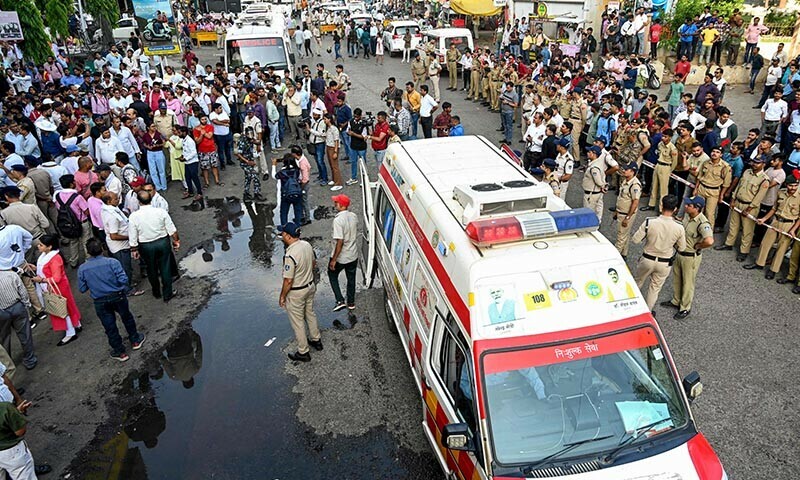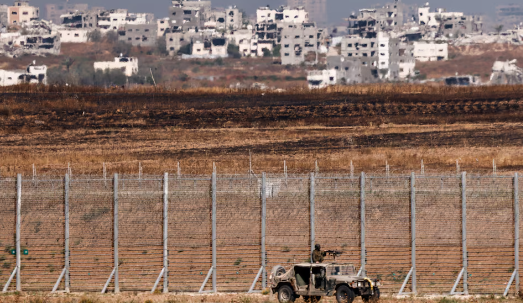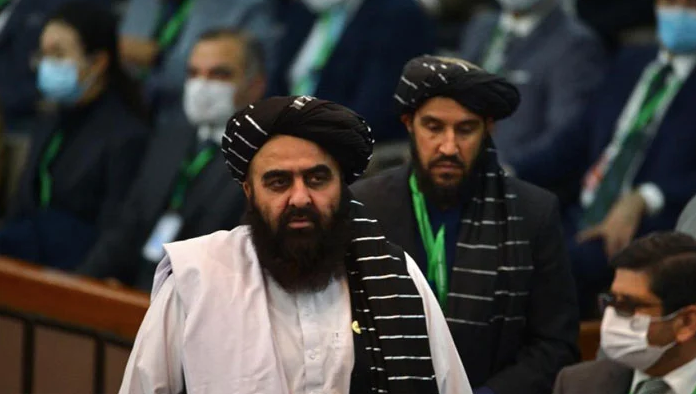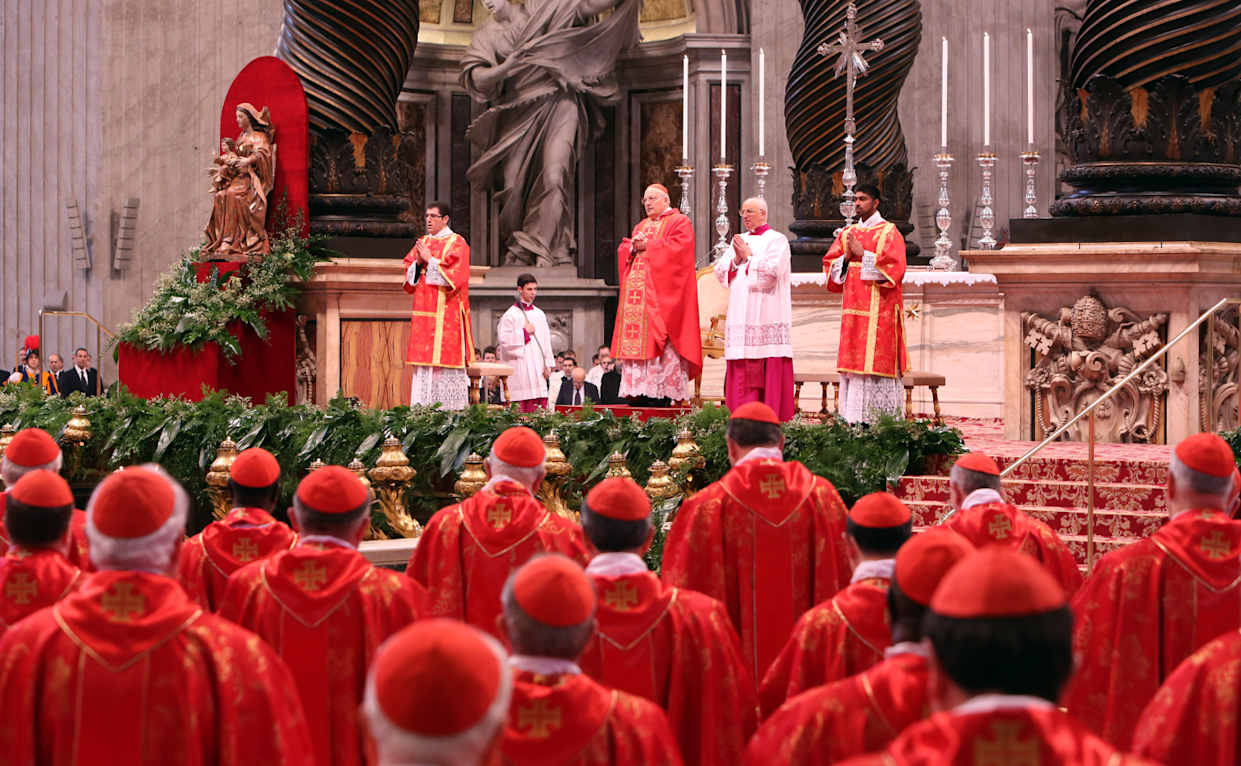WORLD NEWS
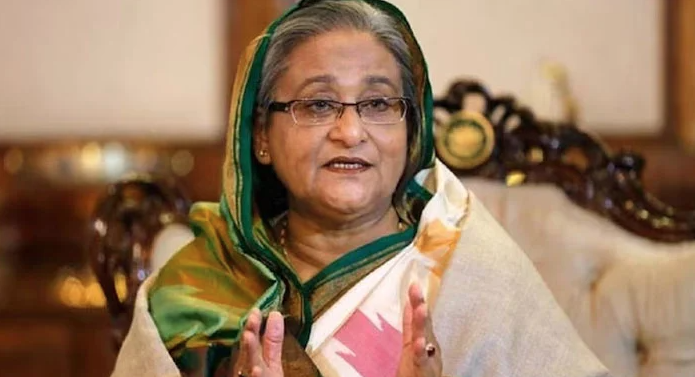
The passport of former Prime Minister Sheikh Hasina Wajid has been officially revoked, as reported by foreign media outlets. The decision, which comes amid mounting legal challenges, was made on Tuesday under the leadership of Dr. Muhammad Yunus, the Nobel laureate currently heading the interim administration in Dhaka.
The revocation is part of a broader crackdown on individuals implicated in serious criminal activities in the country. In total, 97 individuals, including Hasina herself, have had their passports revoked, a measure that the interim government says is necessary in light of ongoing criminal investigations. Of the 97, 22 individuals are accused of being involved in enforced disappearances, while 75 others face accusations related to killings that occurred during student protests in Bangladesh last year.
The legal pressure on Sheikh Hasina Wajid, who served as Prime Minister of Bangladesh for over a decade, intensified following recent actions by the International Crimes Tribunal (ICT). The tribunal has issued arrest warrants for Hasina and 11 other individuals in connection with allegations of enforced disappearances and extrajudicial killings that occurred during her administration. This move marks a significant escalation in a case that has drawn both domestic and international attention.
The ICT has set a deadline of February 12 for the arrest and appearance of the accused, including Hasina Wajid, in court. The tribunal's decision to pursue charges of human rights violations against the former leader has created a highly charged political atmosphere in Bangladesh, with significant implications for the country’s future leadership and governance.
The decision to revoke Hasina’s passport also follows her flight from Bangladesh to India last year, after widespread public protests and growing opposition to her government’s policies. These protests have been fueled by accusations of corruption, mismanagement, and the alleged abuse of power under her leadership.
This latest development underscores the increasingly tense political climate in Bangladesh. The interim government, led by Yunus, has made it clear that it will continue to pursue legal actions against those involved in the controversial events of the past decade. However, the decision to revoke the passports of top political figures, including Hasina, is expected to deepen the divide between the interim administration and the supporters of the former Prime Minister.
As Bangladesh moves closer to a critical political juncture, with upcoming elections and legal battles on the horizon, the outcome of these proceedings will likely shape the nation's political landscape for years to come.
